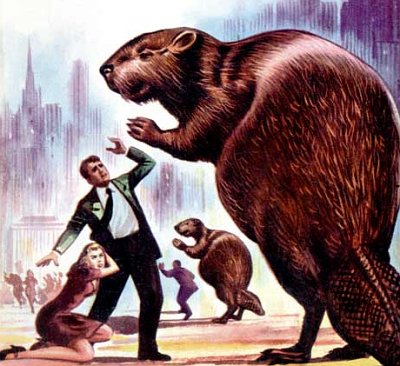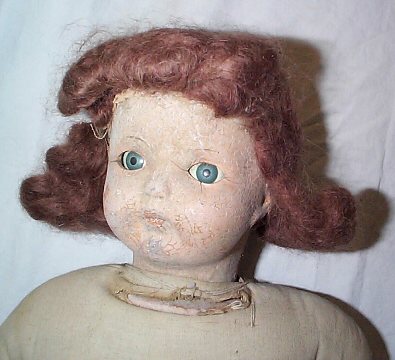Christmas Sparrow
Billy Collins, "Christmas Sparrow"
The first thing I heard this morning was a rapid flapping sound, soft, insistent -- wings against glass as it turned out downstairs when I saw the small bird rioting in the frame of a high window, trying to hurl itself through the enigma of glass into the spacious light. Then a noise in the throat of the cat who was hunkered on the rug told me how the bird had gotten inside, carried in the cold night through the flap of a basement door, and later released from the soft grip of teeth. On a chair, I trapped its pulsations in a shirt and got it to the door, so weightless it seemed to have vanished into the nest of cloth. But outside, when I uncupped my hands, it burst into its element, dipping over the dormant garden in a spasm of wingbeats then disappeared over a row of tall hemlocks. For the rest of the day, I could feel its wild thrumming against my palms as I wondered about the hours it must have spent pent in the shadows of that room, hidden in the spiky branches of our decorated tree, breathing there among the metallic angels, ceramic apples, stars of yarn, its eyes open, like mine as I lie in bed tonight picturing this rare, lucky sparrow tucked into a holly bush now, a light snow tumbling through the windless dark.
-- Billy Collins, Nine Horses: Poems (New York: Random House, 2002), 115-116.


